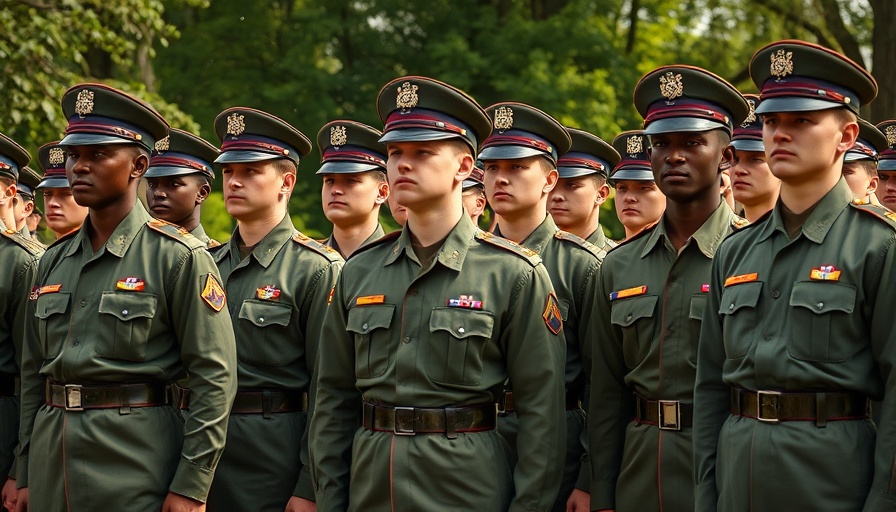
The Diplomatic Dance: A Win for Putin?
In a recent phone call, President Trump expressed willingness to engage in peace talks between Ukraine and Russia, signaling a potentially significant shift in U.S.-Russia relations. This communication marked a diplomatic victory for President Vladimir Putin, who has long sought to end the ongoing war in Ukraine on his terms. As stark as the implications of this phone call may be, it also raises pressing questions about the future economic relationship between the two nations.
The Complex Aftermath of the Call
Putin's hardline stance has resisted various pressures, including insistences from Ukraine, the European Union, and the U.S. for a cease-fire. Trump’s recent remarks, however, have linked economic peace with the resolution of the Ukraine crisis, complicating Putin's ambitions for economic normalization. The intertwining of diplomatic relations and economic incentives could leave Russia in what Trump has referenced as an 'economic purgatory,' where sanctions and lack of investment predominate until meaningful peace is achieved.
Echoes of the Past: A Historical Context
The current dynamics between the U.S. and Russia are not unprecedented. The Cold War era revealed how political relations often dictated economic realities. Similarly, Putin's call for trade, as stated in previous communications, can be viewed through this lens. Ukraine's ongoing turmoil can be likened to the geopolitical chess game of the past, where moves made in political arenas directly influenced economic fortunes and foreign relations.
Current Trends: Economic Isolation vs. Peace Efforts
While Putin enjoys a temporary diplomatic win, the economic landscape remains bleak. International sanctions imposed following the 2022 invasion have crippled the Russian economy and limited foreign investments. Trump's reluctance to loosen these sanctions until a robust peace process unfolds places a cloud over immediate economic recovery. Thus, while the Kremlin may appear emboldened in diplomatic circles, the economic ramifications remain dire and unresolved, raising concerns about the sustainability of Russian foreign policies.
Counterarguments: Voices of Dissent
While some argue that Trump's call represents a pragmatic step toward a resolution, others highlight the dangers of negotiating with a regime whose actions contradict their commitments. Critics fear that embracing dialogue without an immediate cease-fire could embolden Putin rather than facilitate authentic peace processes, thus allowing continued military actions under the guise of diplomatic maneuvers.
Insights into Future Predictions
Looking ahead, the weeds of history intertwine with the complexities of current events. Should Trump and Putin find common ground, North American and European markets might experience palpable shifts. However, until a credible peace plan is firmly established, the status quo of sanctions and economic stagnation may persist. The potential for U.S.-Russia cooperation post-conflict remains tantalizing but is contingent on compliance from both leaderships.
Actionable Insights: What Can Be Done?
For those interested in the geopolitical landscape, staying informed about evolving diplomatic relations can offer insight into global economic trends. Businesses and investors should monitor statements from both leaders closely, as these developments will inform strategic decisions moving forward. Engaging in international dialogue could open new avenues for peace and prosperity but requires vigilance in assessing the true intentions of foreign entities.
How These Developments Affect You
For average citizens, the implications of these diplomatic exchanges extend beyond headlines. Decisions made at the highest levels can lead to changes across economic landscapes, impacting everything from gas prices to international trade agreements. As the world watches, public sentiment and activism can play a vital role in shaping diplomatic outcomes, emphasizing the importance of being informed and engaged in global matters.
 Add Row
Add Row  Add
Add 




 Add Row
Add Row  Add
Add 

Write A Comment